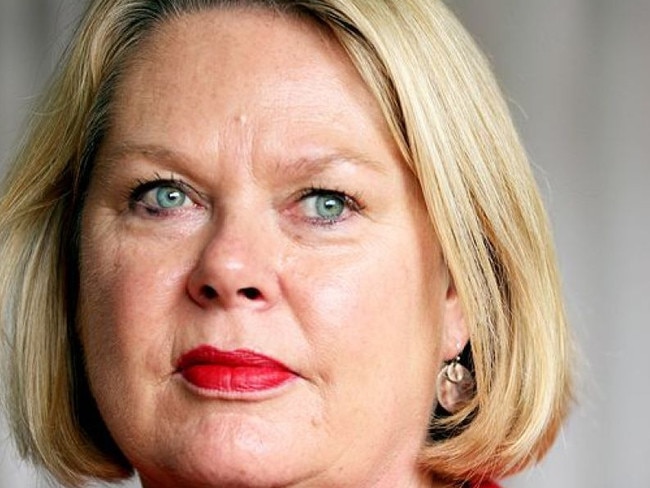Affordable housing, domestic violence support top 2021 SA Budget priorities for welfare sector
Domestic violence victims, children and homeless people all need next week’s state budget to make one issue a high priority, frontline workers say.
SA News
Don't miss out on the headlines from SA News. Followed categories will be added to My News.
Safe and affordable housing must be a priority in next week’s state budget, say services supporting violence victims, people with disability and youths leaving state care.
The issue is particularly urgent, they say, given soaring house prices and competition for rental properties sparked by the Covid-19 pandemic.
Specific social services sector wishlist measures include more stable housing options for rough sleepers and women and children stuck in crisis shelters, and security upgrades so more family violence victims can remain safe in their homes.
Child-protection advocates say young people leaving state care need more help to live independently and foster carers deserve more financial and mental health support.
The state government committed $71.5m to homelessness services this financial year and has allocated $550m to a 10-year housing and homelessness strategy.
However, social services sector workers say there is an immediate need for more public and affordable housing to enable people to move out of crisis accommodation.
Shelter SA executive director Alice Clark said the state “should emulate Victoria’s big spend on social housing to the tune of $5.3bn and pressure the commonwealth to contribute”.
Dr Clark said the “number one thing requiring more funding” was building or buying more public and community housing properties. Since coming to office in 2018, the Marshall government says it has delivered a record $21m to respond to domestic violence, but a peak body says crisis services “continue to be desperately underfunded”.

Embolden SA co-chairwoman Susie Smith noted that last year’s budget promised $1m in 2021-22 to continue operating a duress alarm app – a disclosure scheme that could warn people about violent partners and programs to work with perpetrators. She said those measures were having “life-changing outcomes” and so “we believe further investment is warranted”.
Child and Family Focus SA chief executive Rob Martin said young people leaving state care needed more flexible support to live independently, including housing, mental health and financial assistance.
The government has already extended payments to carers who keep a young person in their home until age 21, but this does not cover youths living in state-run facilities.
Connecting Foster and Kinship Carers SA chief executive Fiona Endacott said the budget “must reflect” the rising number of children in state care – now about 4500 – and the need to recruit more carers.
SA Disability Advocacy and Complaints Service chief executive Kendall Field called for more investment in “strategies that have been established to target disability abuse” and also listed better access to housing as an issue.





